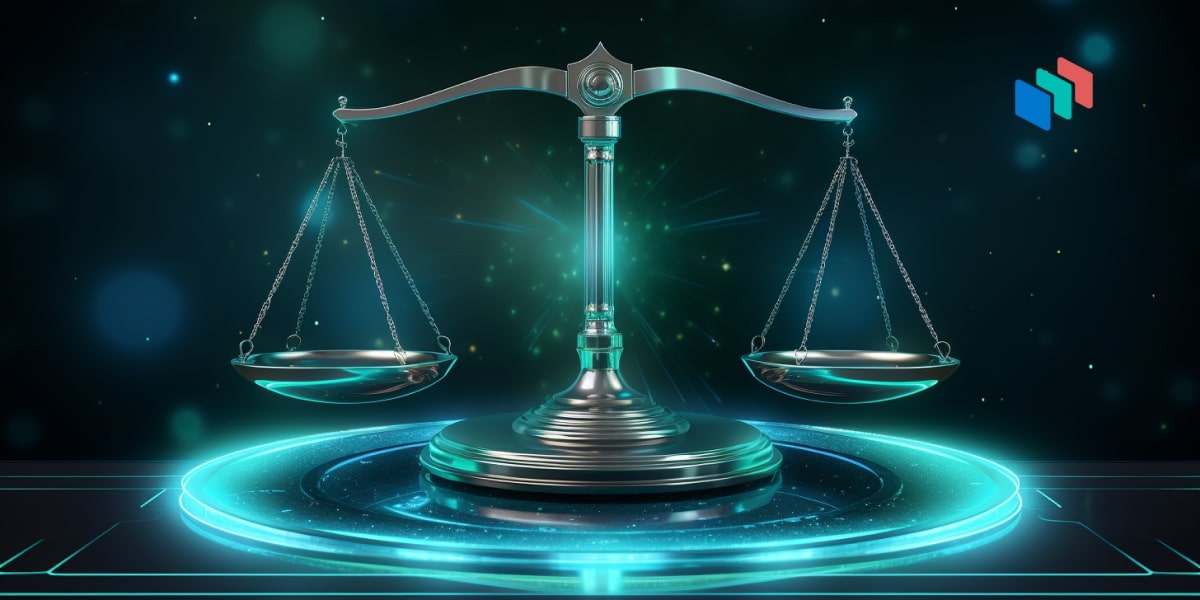What Does Continuity of Operations Plan Mean?
A Continuity of Operations Plan or COOP is part of a principle called continuity of operations that helps to ensure trouble-free operations through unanticipated events. Many attribute this term and idea to the U.S. Federal government which has mandated that agencies need to provide for continuity of operations in many different crises.
Techopedia Explains Continuity of Operations Plan
Many enterprises also maintain these kinds of plans. In the business world, a Continuity of Operations Plan is often called disaster planning or recovery plan. Businesses that are not mandated to maintain these kinds of plans often do so in order to minimize economic damage after a crisis. There are a range of different techniques and strategies that can be part of a Continuity of Operations Plan. Businesses and agencies can create fault tolerant systems and redundant storage so that sensitive data is maintained through an emergency. They can also invest in redundant hardware systems so that an office can still function if a local site is compromised.
Other forms of Continuity of Operations planning involve planning for individual business processes and applications to continue directly after a crisis. Planners can create systems for moving data and operations off site. New data and document handling systems provide a lot of these features as a kind of insurance against emergencies.





